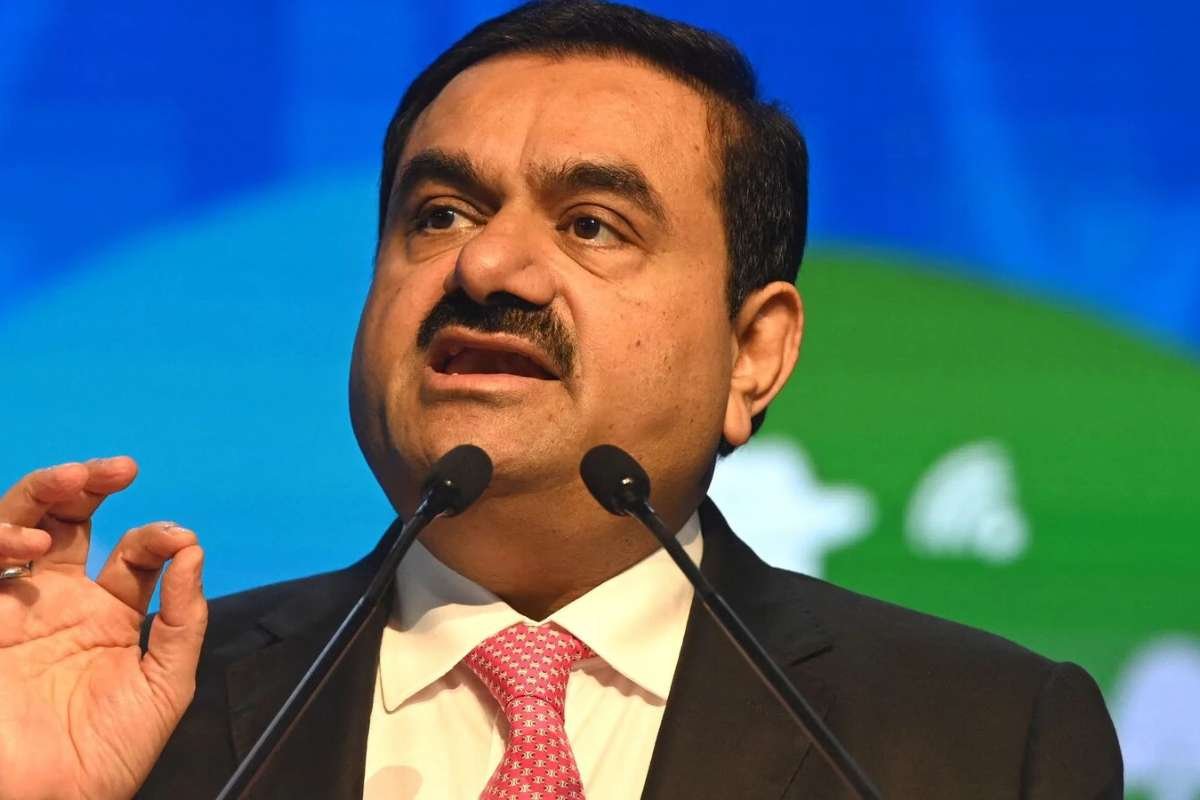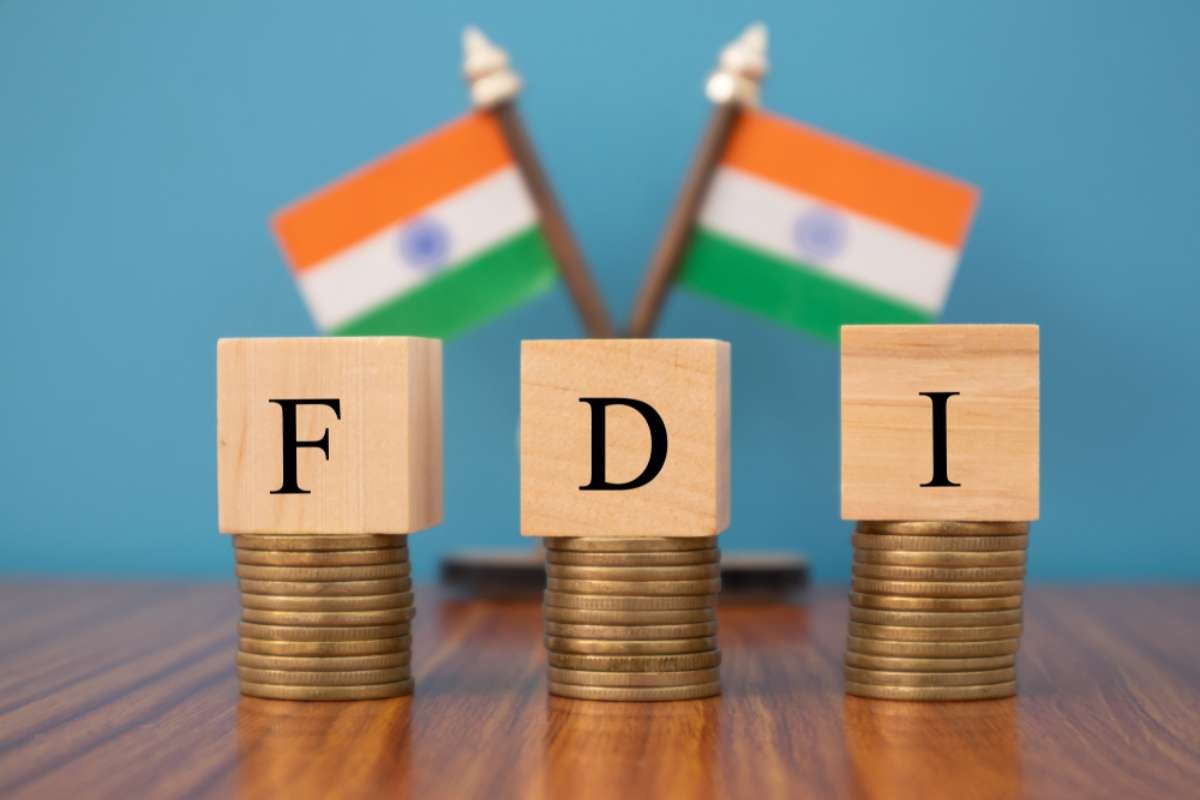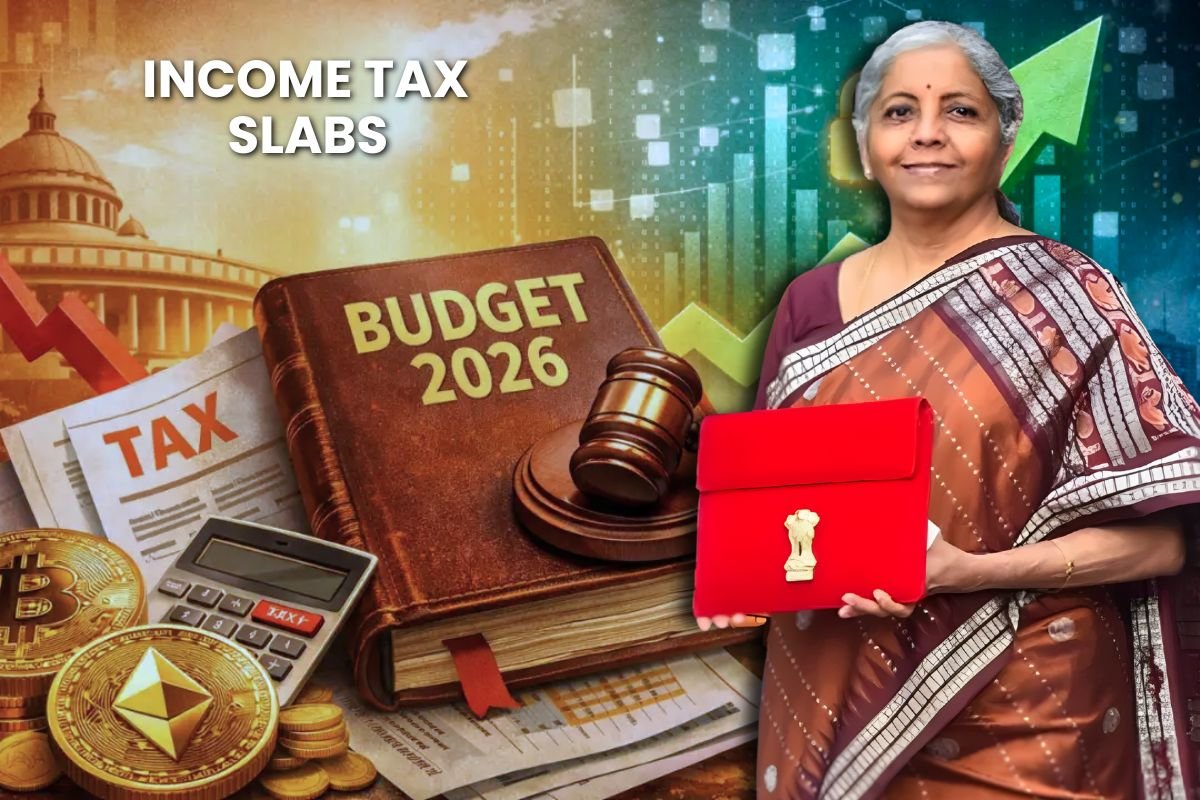Allegations Against Adani Group Draw International Scrutiny
The Adani Group, one of India’s leading conglomerates, has rejected recent US allegations made in a US government report accusing individuals linked to the company of discussing bribes to secure solar energy contracts in India. In a statement, the group emphasized that none of its directors or listed firms were implicated in wrongdoing, labeling the charges as baseless. The US allegations center on claims of promised or discussed bribes but reportedly lack evidence of any payments or involvement of top executives, including Gautam and Sagar Adani. The accusations have sparked widespread debate, particularly in the global media.
Senior lawyer and former Indian MP Mahesh Jethmalani dismissed the report, suggesting it was politically motivated. He accused the “Democratic deep state” in the US of using its judiciary to destabilize India, asserting that the indictment lacked substantive evidence. “This is nothing but political noise,” Jethmalani remarked, echoing the Adani Group’s stance that the charges are unfounded and serve as a distraction from its operations.
Norwegian Diplomat Calls Out US Actions
Prominent Norwegian diplomat Erik Solheim, a former UN Environment Programme Executive Director, has vocally criticized the US government’s handling of the US allegations against the Adani Group. Solheim labeled the report a case of “American overreach,” questioning the legitimacy and intent of such actions. In a post on X (formerly Twitter), he urged the global community to consider how the US would react if roles were reversed, where Indian courts targeted American business executives for alleged crimes in the US.
“Would this be acceptable to America? Would American media find it appropriate?” Solheim asked. He also pointed out that the accusations lacked evidence of bribe payments or involvement of senior Adani executives, arguing that such actions disrupt India’s green energy transformation and economic development. Highlighting the broader implications, Solheim noted that the Adani Group is being forced to divert resources to legal battles instead of focusing on advancing solar and wind energy projects critical to India’s renewable energy goals.
“It’s time to put a stop to American overreach!” Solheim declared, stressing that these accusations have tangible consequences for millions relying on India’s energy and economic infrastructure.
Global Ramifications of the Controversy
The controversy surrounding the Adani Group has reignited discussions about the reach and influence of US judicial actions on foreign entities. Critics argue that such interventions often disrupt national priorities in other countries. Solheim’s remarks underscore concerns about the potential impact on India’s energy sector, especially as the nation accelerates its shift towards renewable sources to meet global climate targets.
The Adani Group remains steadfast in its denial of the US allegations, reiterating its commitment to transparency and economic progress. Meanwhile, supporters like Jethmalani and Solheim have called for scrutiny of the motives behind the US allegations made by the US government, warning of their potential to undermine international business relations and trust.
As debates continue, the case has raised broader questions about the balance of power in international justice and the role of economic and political agendas in shaping legal outcomes.








